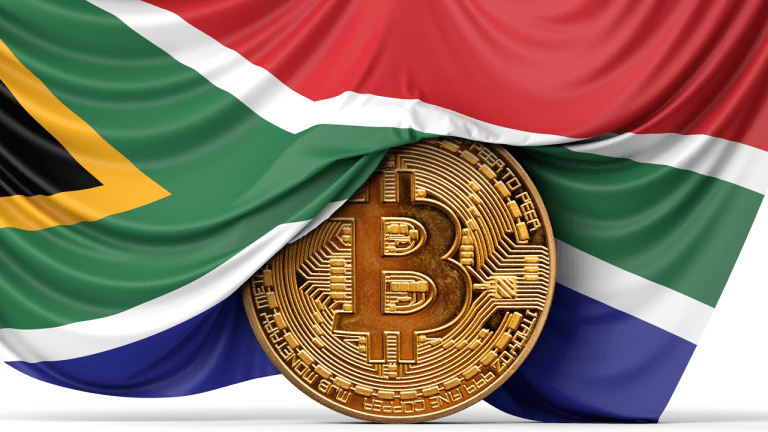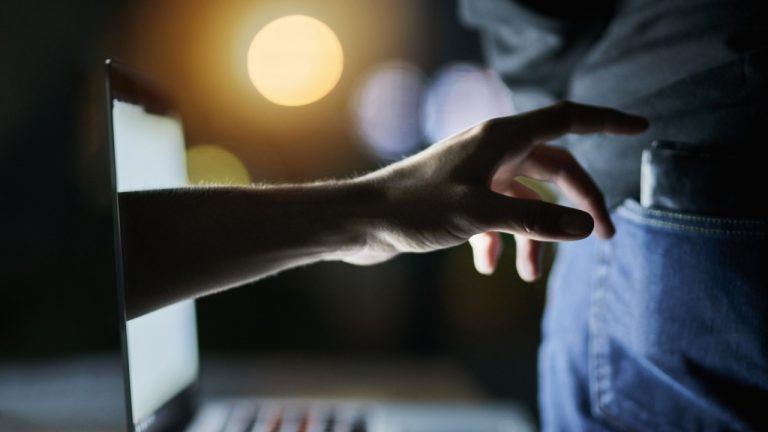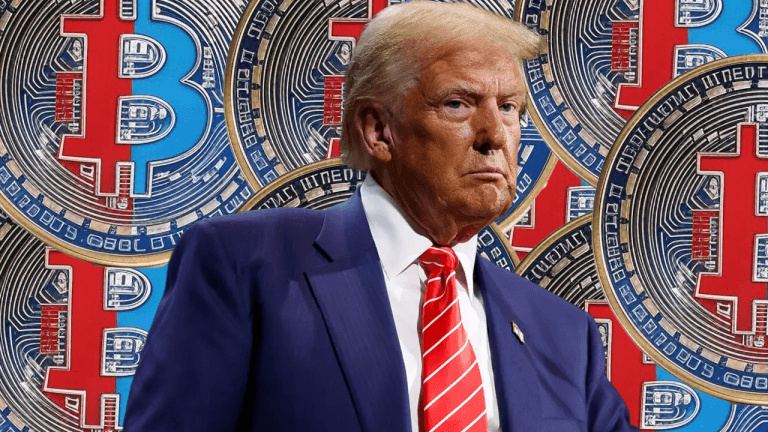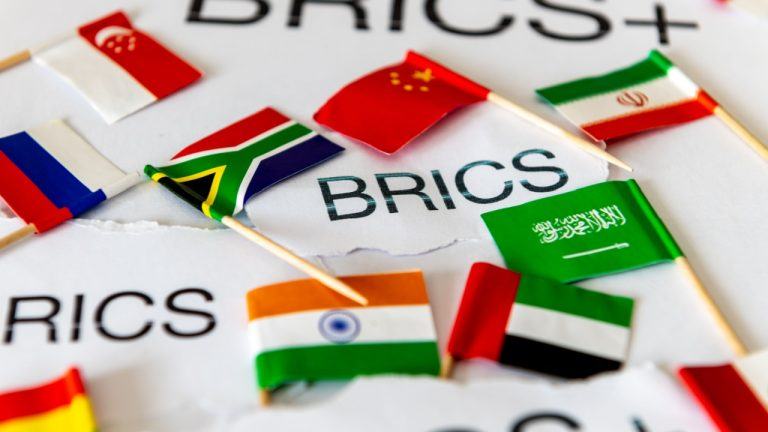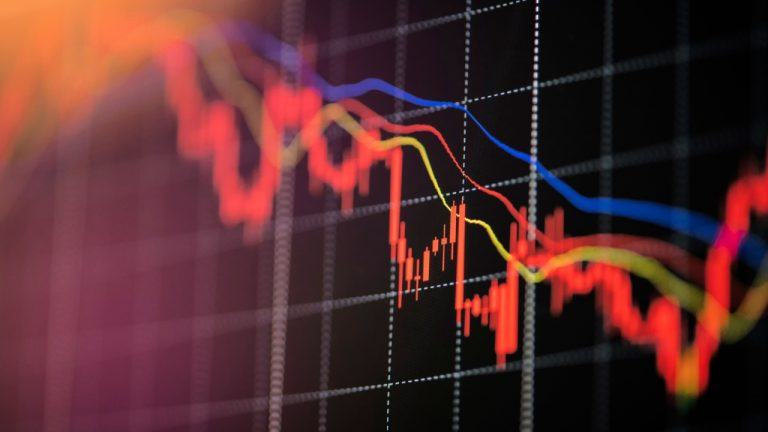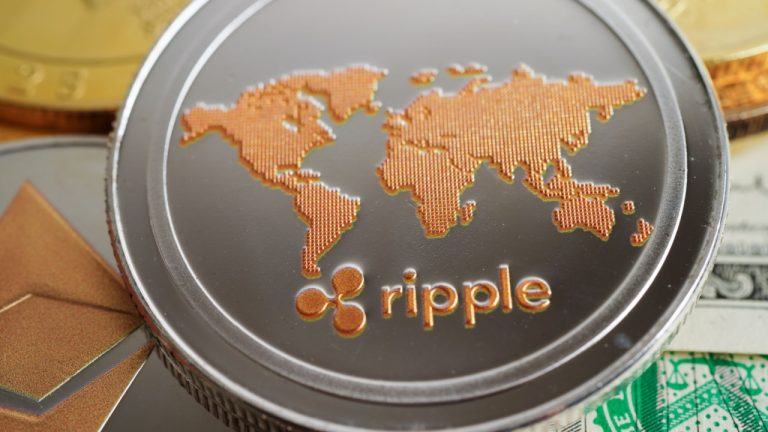
Mastercard NFTs will help consumers offset carbon ‘down to a cup of coffee’

Mastercard is set to incorporate carbon footprint tracking into its blockchain-based solution, to help consumers offset carbon emissions through their purchases.
Leading payment technology provider Mastercard will help consumers directly offset carbon emissions and choose better products for the environment via its blockchain-based Provenance Solution.
The system provides such granular detail that consumers can choose a more environmentally friendly cup of coffee, or a sustainable T-shirt, by interacting with the carbon credits directly related to that item, as represented by a nonfungible token and unique marker.

Speaking on April 21 as part of the Australian Blockchain Week, Ashok Venkateswaran, Mastercard’s Head of Digital Assets and Blockchain APAC, discussed how the company is working to track the carbon footprint of its partners and incorporate the data into its blockchain-based product tracking technology:
“We’re developing partnerships with potential companies which are producing this carbon neutrality, carbon credit so to speak, and as we build up this relationship, we can acquire these carbon credits from these farms, and finally adding that into our provenance solution, we’re able to track it.”
Mastercard’s Provenance Solution was built on its proprietary blockchain and was developed to assist brands in tracking the journey of products to provide visibility to the supply chain process.
Venkateswaran noted that the move to carbon tracking follows a growing trend of Australian consumers who are asking “for a lot more transparency on what they’re putting into their body.”
He further explained that once the company is tracking and storing the carbon footprint on its blockchain, it can break it down into the level of a “coffee cup or even a t-shirt,” and provide evidence to the consumer that the carbon emissions have been offset:
“So every time you purchase a bag of coffee or have a cup of coffee, you’re actually using or putting back into the system the number of credits that are just tagged at a particular cup of coffee or a bag of coffee that you buy.”

“So at the end of it, you know, we’re using technology, which is out there using the data which is available to bring everything together to make a direct impact on the environment,” he added.
According to Greening Australia, a carbon credit represents one tonne of carbon dioxide that has been removed from the atmosphere. Companies offset their emissions by purchasing the equivalent amount of carbon credits.
As part of the discussion, Fresh Supply Co. CEO and co-founder David Inderias announced a collaboration that will see Mastercard’s provenance tech deployed at the Sydney Writers Festival between April 26 and May 2 to record and offset carbon emissions from coffee consumed via its partnered vendors at the festival. Fresh Supply will run the backend technology, while client interface C2Zero attaches carbon credits to products, for example a 1500 gram carbon allowance is added via an NFT to a bag of coffee sold by The Little Marionette coffee company.

Inderias went on to note the significance of the technology:
“So this is notable because it’s reaching down to the specific good. It can be three liters of milk. It could be a cup of coffee, it could be sunglasses, it could be a T-shirt. The carbon footprint of that product will be offset with full integrity upstream.”
Go to Source
Author: Brian Quarmby

